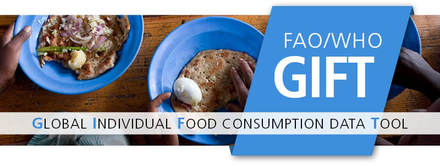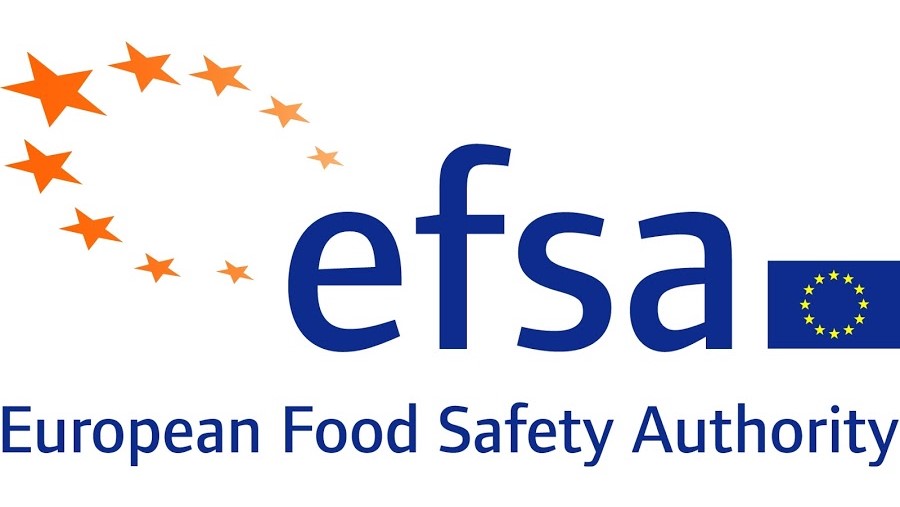- About Us
- Partners
Partners
The Global Dietary Database (GDD) aims to perform novel research and translation on global dietary intakes, diet-related disease burdens, and evidence-based policy actions to create a healthier, equitable, and more sustainable food supply. To leverage this work and maximize its impact, the GDD is establishing partnerships with key organizations around the world. These relationships enable GDD and its partners to synchronize and expand their international networks, leverage and establish frameworks for joint research, projects, and programs and together disseminate findings to a wide range of relevant stakeholders, including researchers, advocacy groups, governments, non-governmental organizations, and funders.

In 2016, the Food and Agriculture Organization of the United Nations (FAO) and the Friedman School of Nutrition Science and Policy at Tufts University established an official collaboration for harmonizing individual-level dietary data from around the world. In particular, the FAO/WHO Global Individual Food consumption data Tool (FAO/WHO GIFT) initiative aims to harmonize and disseminate microdata and to compute nutrition, food safety, and environmental impact indicators. Given the shared goal of harmonizing individual-level dietary data worldwide, we joined forces with FAO/WHO GIFT to maximize efficiency by exchanging resources, data, and complementary experience and expertise with regards to data harmonization and dissemination

In 2018, the Friedman School of Nutrition Science and Policy at Tufts University and the European Food Safety Authority (EFSA) established an official collaboration for harmonizing individual-level dietary data using the FoodEx2 food classification and description system. EFSA, a European agency providing independent scientific advice on food-related risks, developed and maintains FoodEx2 and has been working on the harmonization of dietary microdata for over 10 years. Through this collaboration, we have leveraged EFSA’s valuable experience and expertise to develop our harmonization methods and implement FoodEx2.
